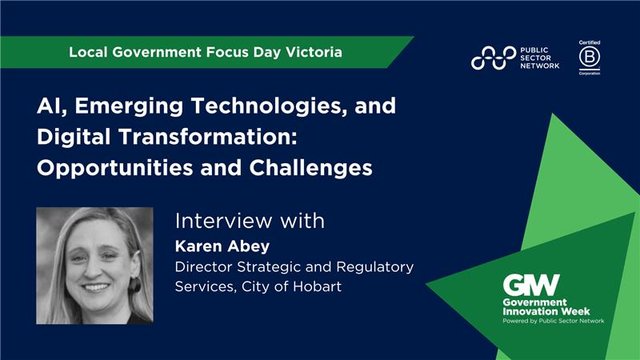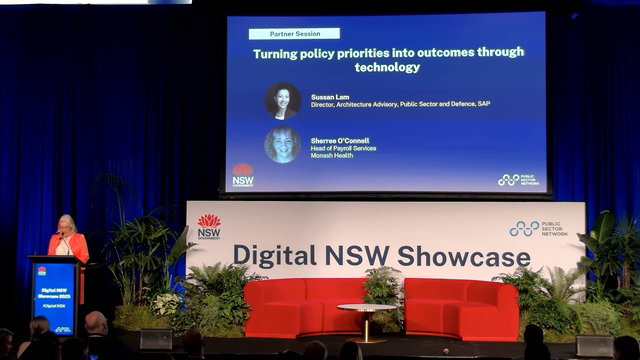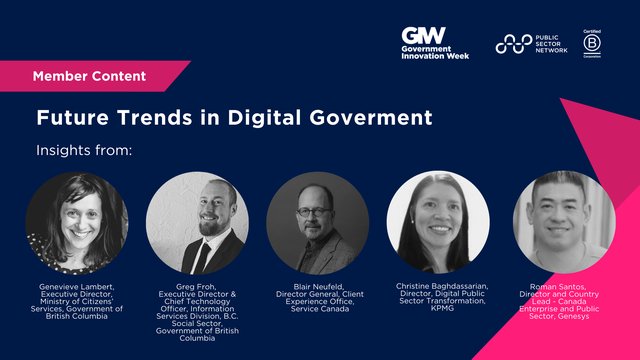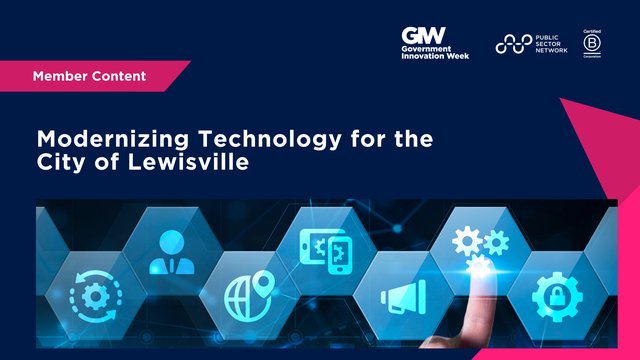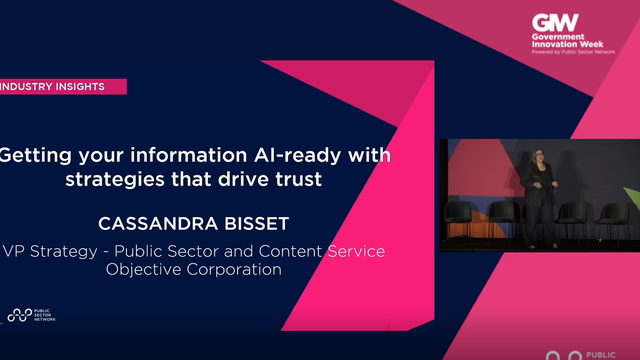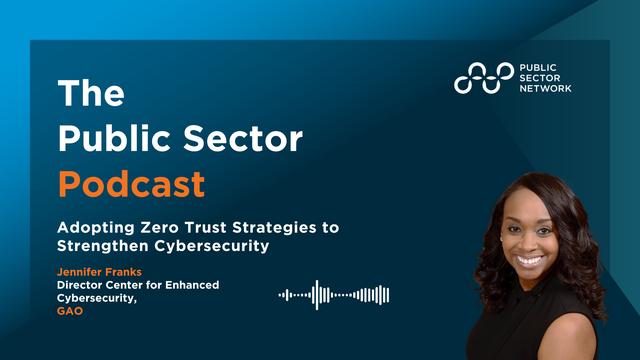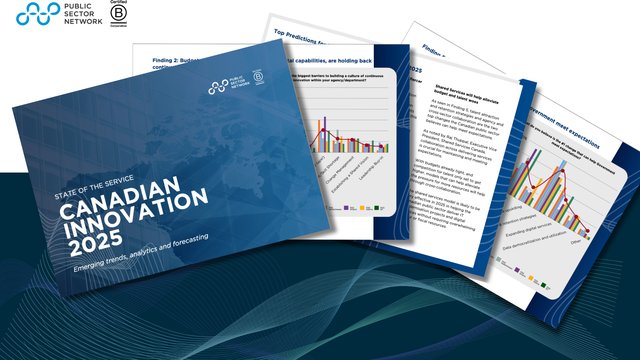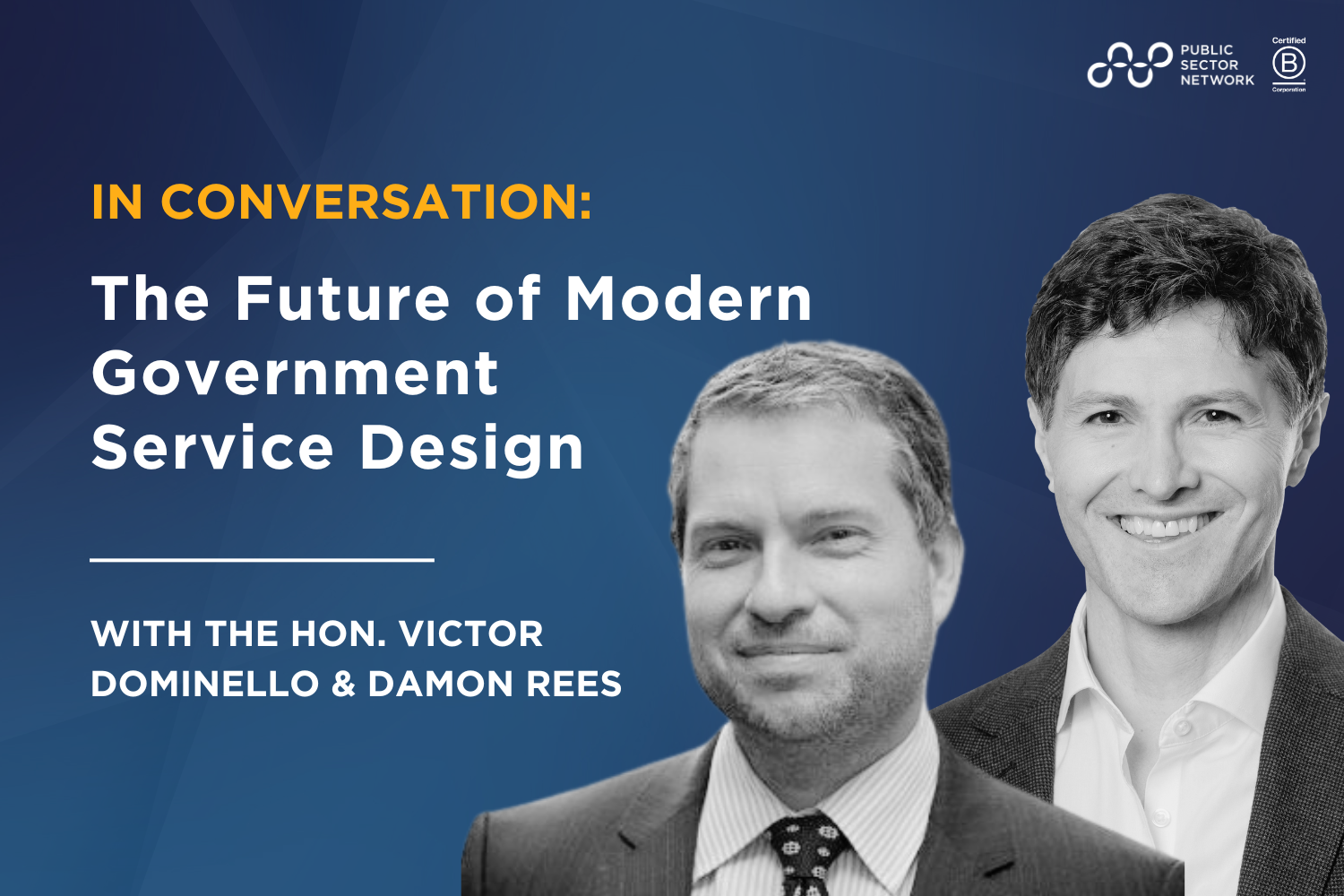
Innovation is a word not often directly correlated with government services. Due primarily to challenges around size, scope, budgets, bureaucracy, general risk-aversion and public scrutiny, the public sector is often regarded as slow moving.
More and more however, the public sector is faced with increasing pressure to evolve and to offer more ‘customer-centric’ digital services that streamline citizen outcomes – especially after B2C digital juggernauts like Netflix, Amazon and Spotify have completely shaken up the game.
The convergence of technological advancements, shifting societal norms, and a burgeoning demand for transparency has ushered in a new era of citizen-first government. Today, it's not just about providing services efficiently but also about crafting experiences that resonate with the diverse needs and expectations of the populace.
The New South Wales Government (NSW) in Australia has made it a priority to become the world's most customer-centric government by 2030. Spearheaded by the NSW Department of Customer Service and key people like the Hon. Victor Dominello, former Minister for Customer Service and Digital Government and Damon Rees, former CEO of Service NSW, NSW boasts a 76% customer satisfaction score. This ranks the State ahead of peers within Australia, as well as global peers in Singapore, Canada, Germany and he United Kingdom.
 Statistics from NSW State of the Customer Report
Statistics from NSW State of the Customer Report
While so far they’re winning the battle, the war isn’t over.
As governments strive to balance priorities and the allocation of scarce resources, new approaches are needed. We caught up with the Hon Victor Dominello and Damon Rees to discuss modern government service design and glean their insight on how to ensure your department is transformation ready.
What will Government Services Look like in the next 5-10 years?
The Hon Victor Dominello: “Whether you choose to opt in or not, the reality is that approximately 85% of your population is now digitally engaged. This figure might fluctuate slightly, but it generally hovers around 85%. Over time, it's expected to increase to 95% or even 100% within the next few generations, if not within the next decade.
So, what's the implication? It means that more and more people, as well as governments, will increasingly lean towards online platforms due to budgetary considerations. We've seen reports of long queues forming outside service centres, resulting in extended waiting times—a common scenario.
However, offering the option of completing pre-populated forms online, at one's convenience, significantly reduces the need to physically queue up. Consequently, there will be a trend towards digitisation, alleviating pressure on service centres.
Yet, there will persist a necessity for physical visits in complex cases. With the evolution of a collaborative service model, such visits will transform into what I envision as a 'super service', catering specifically to intricate cases requiring deep inter-agency cooperation—a concept already taking shape.
Regarding identity, we're witnessing an ongoing race to enhance identity verification methods. Currently, biometrics are gaining traction, but even these methods may be compromised. It's not inconceivable that some countries already possess such data through illicit means. Authentication processes, such as phone swiping or gait recognition, are also subject to vulnerabilities. Consequently, there will always be a need for human verification in critical scenarios, reinforcing the indispensable role of government services in complex domains. Therefore, I foresee services evolving into 'Super Services', characterised by even greater collaboration among various agencies.”
What do citizen-first experiences look like to you?
Damon Rees: "In many jurisdictions, the term "customer" still seems unfamiliar. There's a lingering question: does it truly matter? After all, individuals don't have a choice but to interact with the government. So, does the quality of service matter as much as it does in the private sector? My perspective is that it does matter, perhaps even more so. In New South Wales, when we consider customer service, we reflect on the trust it fosters or undermines when people encounter ease or difficulty in their interactions with the government.
We ponder inclusivity and accessibility. At Service NSW, we used to emphasise our role as serving every individual in New South Wales, not just those in urban areas with better access. How do we ensure that every person, community, and business has equitable access to the services they require? Hence, we ought to prioritise inclusivity and community service when discussing customer service. It significantly impacts outcomes; for instance, we may require individuals to drive safe and registered vehicles. However, if we fail to effectively communicate their obligations or remind them of approaching deadlines, compliance levels will drop, leading to various negative consequences and risks.
Therefore, excellent customer service not only enhances the overall experience but also yields better policy and regulatory outcomes, boosts revenue collection, and offers numerous other benefits. We shouldn't merely view it as a nice-to-have luxury."
Victor: "Governments, much like solar systems, are typically structured around specialised departments rather than catering to individual needs. This arrangement, akin to planets orbiting around the sun, serves important purposes such as expertise in education, transport, policing, and health. However, it often places power and financial resources at the centre, where figures like the Prime Minister or Treasurer hold authority. The main delivery agencies orbit around this centre, like moons revolving around a planet.
"I foresee services evolving into 'Super Services', characterised by even greater collaboration among various agencies.” - Hon Victor Dominello
In this silo-dominated system, transitioning between different sectors like health, education, or transport can be challenging. Unlike a customer-centric approach where transitions are smoother, here, it's more of a significant jump. Even for someone like me, who is reasonably digitally ofay, it can be a daunting task. Those who are not digitally adept or who face other disadvantages might struggle and fall through the cracks.
To address this in NSW we aimed to reconfigure the system, envisioning the customer as the sun and designing services around them. This involved restructuring the government to include roles like CEO, CFO, and COO. In typical organisations, there's a COO overseeing horizontal functions, but government lacks this focus. We seek to position a government service agency as the COO, serving as the gravitational force that binds various departments together around the customer's needs."
What would your advice be to someone that is struggling to get buy-in for new digital initiatives?
Damon: "We’ve had this conversation quite a bit, and I think professionals working in the data space within government find it especially difficult to get people to understand and buy-in to the importance of data insights.
We need to approach this differently. We must ensure stakeholders are invested in the problems we aim to solve or the opportunities we wish to seize. While Victor excelled in digital knowledge and engagement, not everyone is the same. Where everyone is the same though is people. I haven't encountered a Minister who didn't care about issues affecting people, communities, or businesses in New South Wales.
Digital solutions can address these problems, and people genuinely care about them. By consistently engaging stakeholders with data, whether through numbers, personal stories, or feedback, I've found plenty of support and curiosity. Getting stakeholders to embrace these outcomes is crucial for driving digital solutions forward. While we can't overlook the technical aspects, what matters most is caring about the outcomes and providing sponsorship. With that support, we can effectively implement the solutions needed."
"Excellent customer service not only enhances the overall experience but also yields better policy and regulatory outcomes, boosts revenue collection, and offers numerous other benefits. We shouldn't merely view it as a nice-to-have luxury." - Damon Rees
Victor: "When all the stars are aligned you'll naturally progress rapidly and deeply. However there are times when things don't fall into place as expected. Perhaps a Premier that just didn't back me so I would just have to stay in my cage a bit and that that would float down through the system.
During such times, it's essential to make the most of the situation and prepare yourself for when everything does align perfectly. The worst scenario would be finding yourself in a leadership role and not being ready when the opportunity arises because those just above you are prepared to move forward. So, it's crucial to stay as prepared as possible with the resources at hand, ensuring you're match-fit for when the time comes."
Having left government after years in the sector, what advice do you have for Public Sector Professionals?
Damon: "I want to make it clear that I'm not advocating for hardworking public servants to leave. However, like many others, I used to wake up every day focused on specific challenges, opportunities, and stakeholders within a certain context. What I find rewarding now is the chance to embrace greater diversity by collaborating with various organisations across different regions and jurisdictions.
This experience has given me a deep appreciation for the accomplishments of New South Wales. In discussions with counterparts from other countries and regions, I've realised that many are at much earlier stages of development. Thus, there's ample opportunity for us to share our insights and experiences to assist them. Additionally, encountering new and diverse ideas from around the world often makes me think, "That would have been useful back in the day." Therefore, I encourage individuals to explore opportunities beyond their current roles or agencies, as exposure to diversity fosters personal growth and continuous learning. This, in turn, enhances the value we bring to our work.”
Victor: “Damon and I have devoted significant time to public service. I served as a minister for 12 years and as an MP for 15. Now, it's time for me to pass the baton. However, I firmly believe that the most impactful avenue for social reform lies within the government. Every day presents an opportunity to effect profound change, and while external nudges are valuable, the real power lies within government.
As Damon mentioned, you're in a prime position to enact significant change and collaborate with others. Attempting to navigate this journey alone can be isolating. It's crucial to collaborate with those who have experience and to draw inspiration from various sources, be it the private sector or innovative approaches from countries like Denmark and Estonia. Embracing collaboration and diverse ideas is key to staying on the forefront of progress.”
Want to hear more about modernising government services? Be sure to join the Digital Government & CX community to gain access to exclusive content including the upcoming report on Powering Digital Simplicity to Meet Next Gen Citizen Expectations. Sign up for free today to join the conversation.


